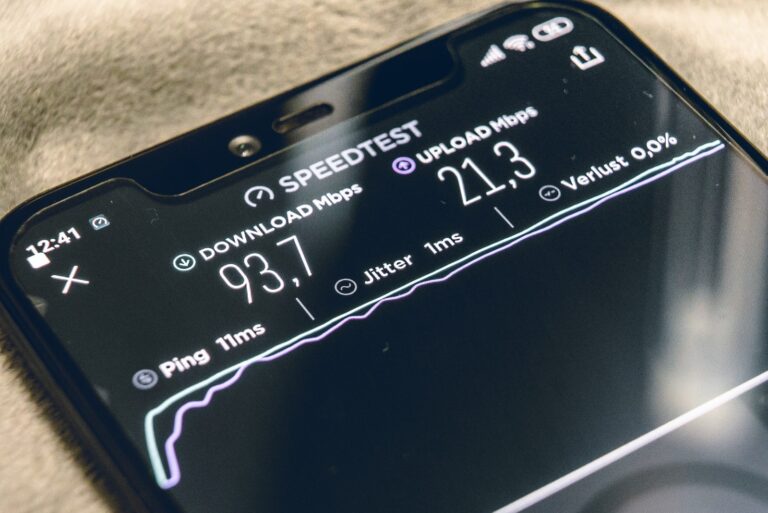How Your Internet Plan Speed Affects Your Internet Experience
- Internet speed directly impacts streaming quality, gaming performance, and download times
- Different online activities require different minimum speeds to function properly
- Multiple devices on the same network share your total bandwidth
- Upload speed is just as important as download speed for video calls and content creation
- Peak usage times can slow down your actual speeds even with a good plan
- Understanding your needs helps you choose the right internet plan and save money
Your internet plan speed is the foundation of your entire online experience. Whether you’re streaming your favorite shows, working from home, or gaming with friends, the speed of your internet connection determines how smoothly these activities function. Understanding how internet speed affects your daily digital life is crucial for choosing the right plan and getting the best value for your money.
What Internet Speed Actually Means
Internet speed, measured in megabits per second (Mbps), represents how much data your connection can transfer in one second. Most plans advertise download speeds, which affect how quickly you receive data from the internet. However, upload speed, which determines how fast you send data, is equally important for video conferencing, online gaming, and uploading files to the cloud.
Impact on Streaming and Entertainment
Streaming services are among the most speed-sensitive activities online. Standard definition video requires at least 3-4 Mbps, while HD content needs 5-8 Mbps. For 4K streaming, you’ll need a minimum of 25 Mbps per device. If your internet plan can’t meet these requirements, you’ll experience buffering, quality drops, and frustrating interruptions. With multiple family members streaming simultaneously, even a 20 Mbps connection can struggle, resulting in constant loading screens and reduced video quality.
Gaming and Real-Time Applications
Online gaming demands consistent speeds and low latency. While most games don’t require extremely high speeds, they need stable connections. A plan offering 15-25 Mbps with low ping is usually sufficient for gaming, but insufficient speeds cause lag, disconnections, and poor performance that can ruin competitive gameplay. Live streaming your gameplay requires significantly more bandwidth, often 50 Mbps or higher for good quality broadcasts.
Remote Work and Video Conferencing
The shift to remote work has made reliable internet speeds essential. Video calls on platforms like Zoom or Microsoft Teams require 3-4 Mbps for HD quality, but you’ll need more if multiple household members are on calls simultaneously. Slow speeds result in frozen screens, audio delays, and dropped calls that make professional communication difficult. Upload speed becomes critical here, as you’re constantly sending video and audio data to other participants.
Multiple Devices and Bandwidth Sharing
Modern homes have numerous connected devices competing for bandwidth. Smart TVs, phones, tablets, laptops, security cameras, and smart home devices all consume your internet speed simultaneously. A 25 Mbps plan might work fine for one person, but with four family members streaming, gaming, and browsing at once, that same connection becomes painfully slow. Each device reduces the available speed for others, creating bottlenecks during peak household usage.
Download Times and File Transfers
Internet speed dramatically affects how long it takes to download files, software updates, and games. With a 10 Mbps connection, a 50 GB game takes over 11 hours to download. The same file downloads in about 90 minutes with a 100 Mbps plan. For professionals who regularly download large files or businesses handling data transfers, slow speeds translate directly to lost productivity and wasted time.
Choosing the Right Speed for Your Needs
Understanding your usage patterns helps you select an appropriate internet plan. Light users who browse and check email can manage with 10-25 Mbps. Moderate users streaming HD content and working from home should consider 50-100 Mbps. Heavy users with multiple devices, 4K streaming, and gaming need 200+ Mbps for optimal performance.
Your internet speed isn’t just a technical specification; it’s the gateway to your digital life. Investing in adequate speed for your household’s needs ensures smooth streaming, productive work sessions, and frustration-free online experiences.

